Gotthold Ephraim Lessing's "Minna von Barnhelm" stands as a significant contribution to the emergence of German drama in the 18th century, intertwining themes of love, loyalty, and the complexities of human emotions against the backdrop of the Seven Years' War. Lessing employs a blend of comedy and serious reflection, utilizing rich dialogue to explore the interplay between social class and personal integrity. The characters are vividly drawn, embodying the contradictions of their time, particularly the societal expectations faced by women, showcased through the titular character, Minna, who challenges norms with her spirited independence and intelligence. Lessing, often hailed as a pioneer of modern drama, drew from his background in Enlightenment thought, advocating for reason and humanity amidst the chaos of war and societal strife. His engagement with the philosophical currents of his time, including Rationalism and Humanism, fueled his desire to portray authentic human experiences. "Minna von Barnhelm" reflects his deep commitment to questioning moral values and the importance of personal honor, undoubtedly influenced by his own encounters with the tumult of 18th-century German society. This play is highly recommended for readers interested in an exploration of character-driven narratives that resonate with timeless issues of societal constraint and individual agency. Lessing's deft blend of humor and pathos not only entertains but encourages reflection on the nature of relationships and moral choices, making "Minna von Barnhelm" a pivotal work for both literary scholars and general readers alike.
Minna Von Barnhelm
Commencez ce livre dès aujourd’hui pour 0 €
- Accédez à tous les livres de l'app pendant la période d'essai
- Sans engagement, annulez à tout moment
Auteur(e) :
Langue :
anglais
Format :
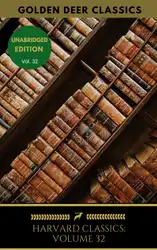
Harvard Classics Volume 32 : Literary And Philosophical Essays
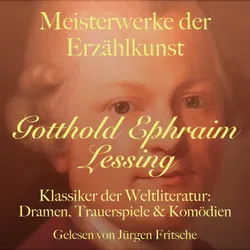
Gotthold Ephraim Lessing: Meisterwerke der Erzählkunst : Klassiker der Weltliteratur: Dramen, Trauerspiele und Komödien

Lyrikalische Bibliothek
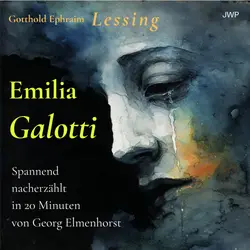
Emilia Galotti : Spannend nacherzählt in 20 Minuten
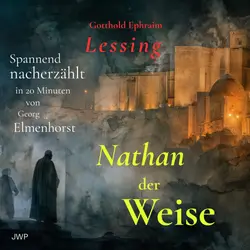
Nathan der Weise : Spannend nacherzählt in 20 Minuten
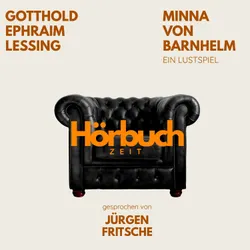
Minna von Barnhelm. Ein Lustspiel. : Hörbuchzeit: Klassiker der Weltliteratur

Miss Sara Sampson. Ein bürgerliches Trauerspiel. : Hörbuchzeit: Klassiker der Weltliteratur
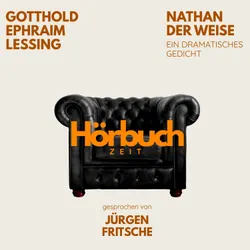
Nathan der Weise. Ein dramatisches Gedicht. : Hörbuchzeit: Klassiker der Weltliteratur

Emilia Galotti. Ein bürgerliches Trauerspiel. : Hörbuchzeit: Klassiker der Weltliteratur

Minna von Barnhelm - Lustspiel in fünf Aufzügen von Gotthold Ephraim Lessing (ungekürzt)

Gotthold Ephraim Lessing: Emilia Galotti. Ungekürzt gelesen mit Interpretationshilfe : Abitur Literatur: Werk, Biografie und Inhaltsanalyse

Nathan der Weise - Erzähstück, Band (Ungekürzt)
